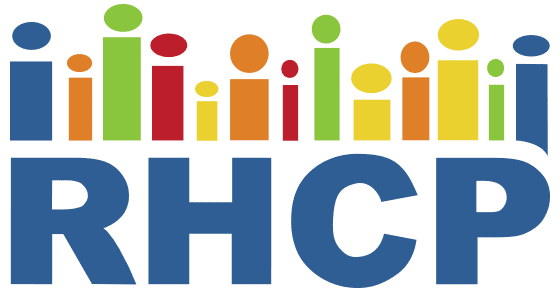Experiences of Hispanic Safety Net Clinic Patients With Diabetes During the COVID-19 Pandemic
Abstract
Purpose: The purpose of this study was to characterize the material, health (general and diabetes-specific), and social impacts of the COVID-19 pandemic on Hispanic adults with type 2 diabetes who did not experience COVID-19 infection.
Methods: This cross-sectional and longitudinal study used surveys within a clinical trial of 79 Hispanic adult clinic patients with type 2 diabetes. Cross-sectional measures included the Coronavirus Anxiety Scale, items from the Coronavirus Impact Scale, and the Pandemic Impacts Inventory. Longitudinal measures included the Summary of Diabetes Self-Care, health care utilization, and measures of diabetes self-efficacy, social support, and quality of life.
Results: Participants were majority low-income, Spanish-speaking females with poor diabetes control. Coronavirus anxiety was low despite majority of participants having an affected family member and frequent access barriers. More than half of participants reported moderate/severe pandemic impact on their income. Diabetes self-care behaviors did not change between prepandemic and pandemic measures. Diabetes self-efficacy and quality of life improved despite fewer diabetes-related health care visits.
Conclusions: Despite high levels of access barriers, financial strain, and COVID-19 infection of family members, Hispanic adults with type 2 diabetes continued to prioritize their diabetes self-management and demonstrated substantial resilience by improving their self-efficacy and quality of life.
Keywords: type 2 diabetes, immigrant and refugee health, social determinants of health, COVID-19

